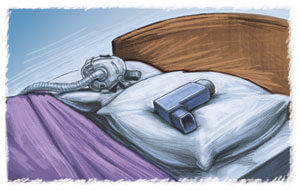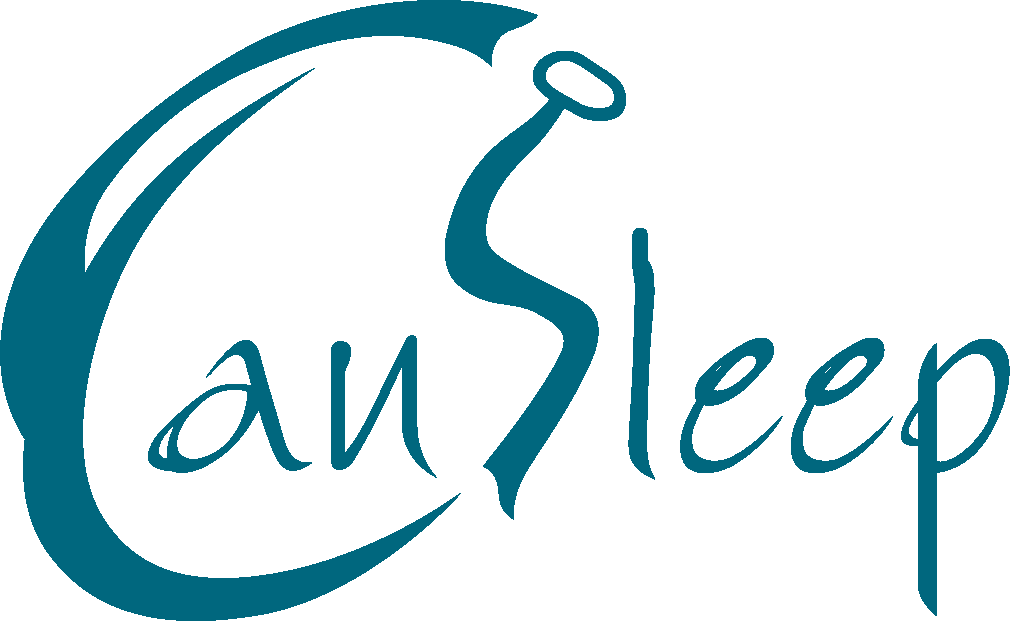Asthma & Sleep Apnea
Sep. 8, 2017
Did you know that studies show asthma patients faced an almost 40 percent greater risk for sleep apnea than asthma-free people?
Recent data suggest that obstructive sleep apnea is an independent risk factor for nocturnal (at night) asthma attacks. Nocturnal airway narrowing in asthma is often associated with episodes of nocturnal and early morning awakening, difficulty in maintaining sleep, and daytime sleepiness. But, besides the impairing of sleep quality by nocturnal asthma itself, an association has been documented between nocturnal sleep-disordered breathing and asthma or bronchial hyperreactivity. One of the symptoms of sleep apnea is snoring. In asthmatic patients, snoring triggers neural reflexes (vagal tone) causing bronchoconstriction, which results in asthma exacerbation. In general hypoxia (low oxygen level in bloodstream) as a result of OSA, increases bronchial and airway responsiveness and worsens nocturnal asthma.
On the other hand, reduced airway cross-sectional area, as a result of increased airway mucosal inflammation in asthma, may worsen OSA. Rhinitis associated with asthma/allergy may worsen obstructive sleep apnea syndrome as well. OSA has been shown to be associated with inflammation of both the upper and lower respiratory tracts, asthma patients’ airway is inflamed, which causes narrowing of the airway locally. Then again OSA could cause both local airway inflammation and systemic inflammation. OSA in adults is associated with elevated levels of C-reactive protein CRP, a marker of inflammation and of cardiovascular risk. Previous studies have shown that the severity of OSAS is proportional to the CRP level, and that 1 month of effective treatment for OSA with continuous positive airway pressure treatment led to a considerable decrease in CRP level. If you suffer from asthma and experience nocturnal asthma exacerbation, contact Cansleep to do a diagnostic test to find out if you have sleep apnea or not.
By Bahareh Ezzati (BSc, CPhT, RRT)






